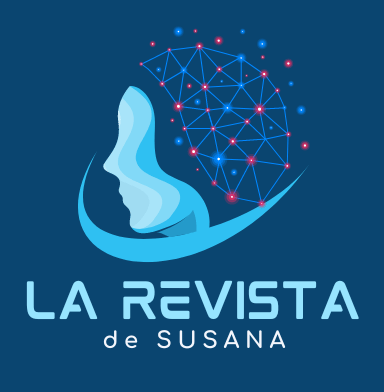Customized Learning: How AI is Personalizing Education for Every Student
A vision about the theme.
The landscape of education is undergoing a seismic shift, thanks to the advent of Artificial Intelligence (AI).
This revolutionary technology is steering us away from the traditional ‘one-size-fits-all’ approach, introducing a new era of personalized learning. AI in education opens doors to customized learning experiences that cater to the individual needs, abilities, and learning paces of each student, promising a more effective and engaging educational journey.
AI-Driven Adaptive Learning Systems
The cornerstone of AI’s impact in education is its ability to create adaptive learning systems. These systems use AI algorithms to analyze a student’s performance, learning style, and pace.
They then adjust the curriculum in real-time, presenting concepts in ways that are best suited to each learner’s unique needs. For instance, if a student excels in visual learning, the AI system might present information using more infographics and videos.
An excellent example of this is the platform ‘DreamBox Learning’, which offers math education through an AI-driven adaptive learning engine. It continuously assesses students’ understanding and adjusts lessons accordingly, ensuring that each student is challenged at just the right level.
Case Studies and Success Stories
In various parts of the world, AI in education has shown promising results. In the United States, Carnegie Learning has developed AI-powered software for mathematics education, which has significantly improved student performance in multiple school districts.
In another instance, China’s Squirrel AI provides personalized tutoring services, and its impact was particularly notable during the COVID-19 pandemic when traditional classrooms were inaccessible.
Challenges and Ethical Considerations
Despite the promising benefits, integrating AI in education is not without challenges. One of the primary concerns is data privacy. As AI systems require access to students’ personal and performance data, ensuring this information’s security and privacy is paramount.
Additionally, there is the challenge of ensuring equal access to AI resources, avoiding a digital divide where only students in well-funded schools benefit from these advanced technologies.
Another ethical consideration is the need to maintain a balanced approach to education. While AI can significantly enhance learning, it’s crucial to ensure that it doesn’t replace the essential human elements in education, such as teacher-student interaction and social learning among peers.
Conclusion
Looking ahead, AI’s role in transforming educational experiences is both exciting and inevitable. It promises a future where every student can enjoy a learning experience that is tailored to their individual needs, unlocking their full potential.
The journey towards fully realizing AI’s potential in education will require careful navigation through its challenges, but the destination—a world where every child has access to personalized education—is undoubtedly worth the effort.
Author:
Paulo Roberto Gaefke a technology enthusiast who was worked with th Internet since the time of the dinosaurs, and saw the birth of AltaVista Search, Bing and Google.
Vibrating with the possibilities of AIin the development of humanity to its best side.
“May the Force be with you.”

